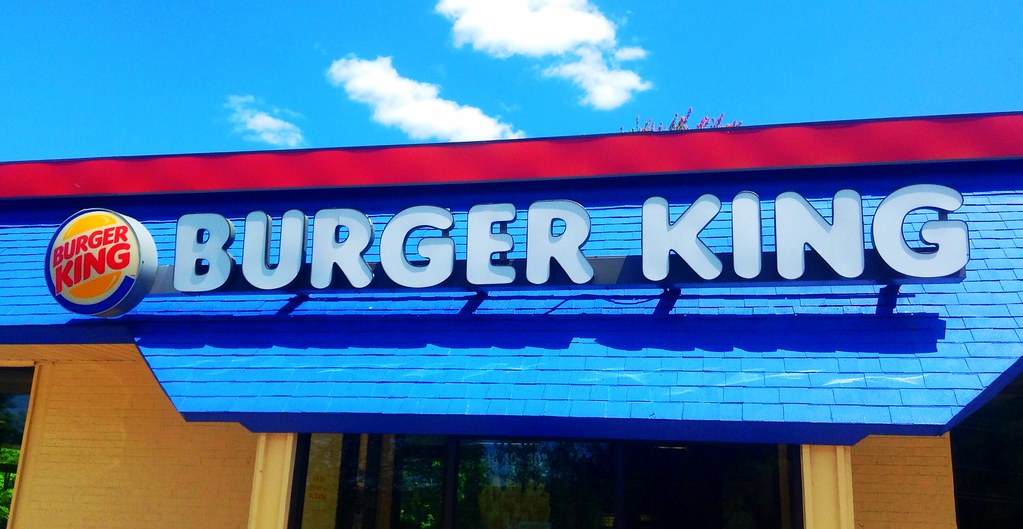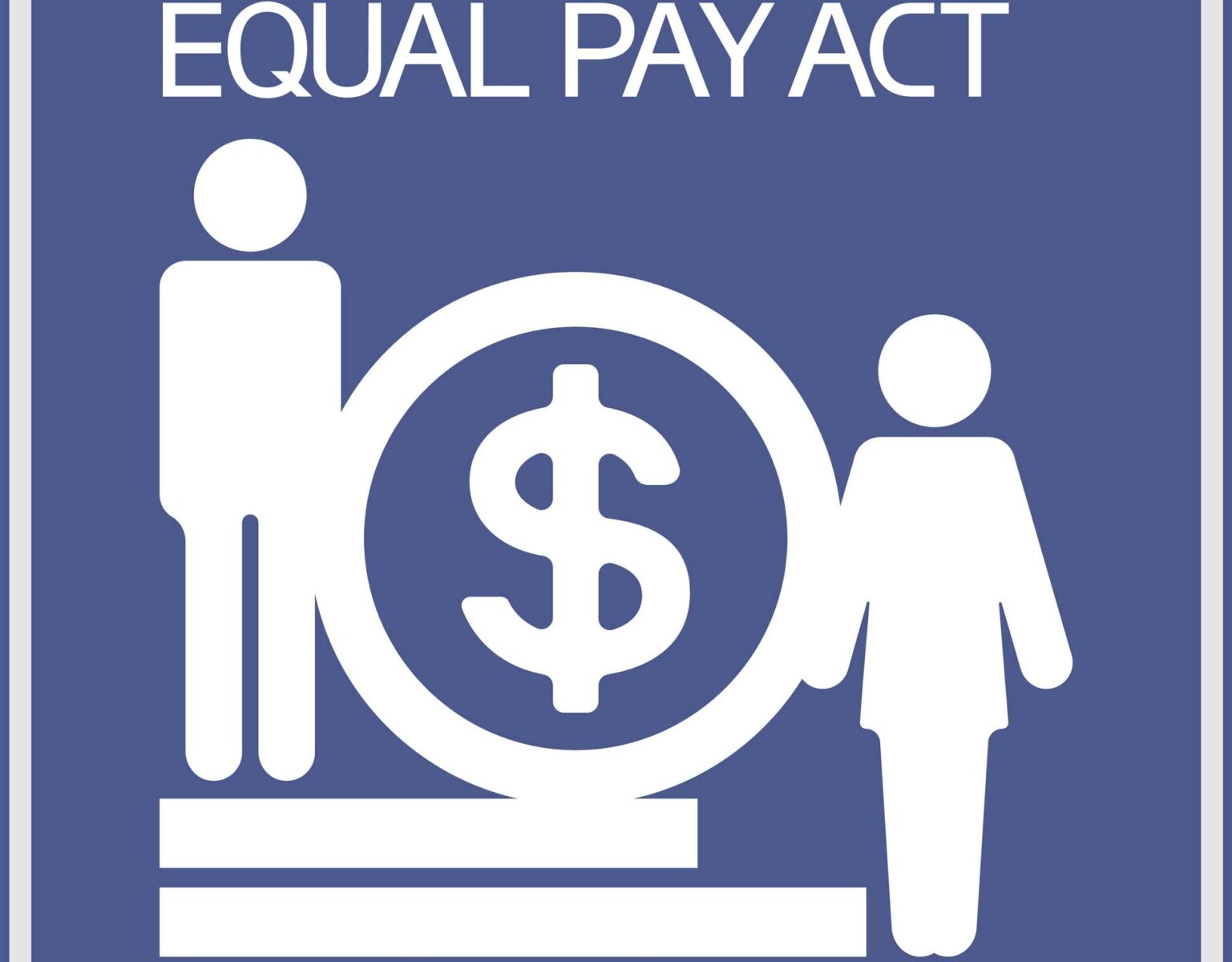AB 257: Council to regulate working conditions for fast food workers; on hold pending litigation and, potentially, a referendum
With AB 257, the Legislature will establish a new and powerful Fast-Food Council, the first of its kind in the State. Sponsored by the Service Employees International Union (“SEIU”) and inspired by its “Fight for $15 and a Union” movement, the Council will be empowered to regulate wages, hours, and working conditions of California’s fast-food employees, a population of workers historically subjected to hazardous working conditions and shamefully low wages.
The Fast-Food Council will be made up of 10 members, appointed by the Governor, Speaker of the Assembly, and the Senate Rules Committee, and will dictate working conditions for employees of chains with at least 100 outlets nationwide. The Council is expected to raise fast food worker wage rates as high as $22 an hour.
Unsurprisingly, the Chamber of Commerce has made destroying the bill a priority. As this article was going to print, a judge temporarily blocked the State from implementing the law as the result of a lawsuit filed by a coalition of giant corporate chain restaurants, which is seeking a referendum on the November 2024 ballot in a bid to overturn the law. “If and when the referendum challenging AB 257 qualifies for the ballot, the law will be put on hold,” said Katrina Hagen, Director of the Department of Industrial Relations.
None of this corporate chicanery would be possible but for the Supreme Court’s obsequious decision in Citizens United v. Federal Election Commission, 558 U.S. 310 (2010) (holding that the Free Speech Clause of the First Amendment prohibits the government from restricting independent expenditures for political campaigns by corporations). Of course, while the Founders were well aware of the existence of various types of business enterprises (joint-stock companies, corporations such as the East India Company, which was incorporated in 1600, and the like), the Founders did not provide for any corporate rights in the Constitution or the Bill of Rights. Rather, the Founders understood that, to the extent that corporations had any type of personhood, it was a legal fiction limited to a courtroom. But we digress.



